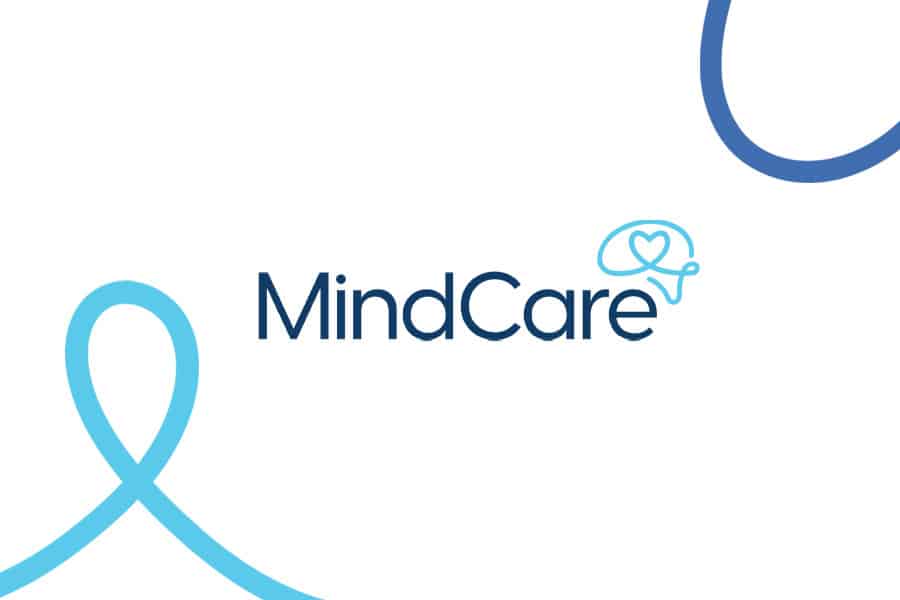What Makes Technology Addictive?
Digital platforms use psychological triggers to exploit human behaviour.
These technologies stimulate reward centres in the brain through dopamine feedback loops, especially when users get:
- Likes on social media posts
- Wins in video games
- Notifications or alerts
- Real-time responses from peers
These moments of feedback mimic the structure of intermittent reinforcement, a pattern proven to keep people engaged longer—similar to gambling.
Which Design Features Drive Technology Addiction?
Most digital tools are built on persuasive system design, integrating core psychological principles that encourage habitual use.
| Feature | Mechanism | Effect |
| Scarcity | Limited-time stories or sales | Triggers urgency and fear of missing out (FOMO) |
| Social Proof | Trending posts and peer activity | Increases peer conformity |
| Personalisation | AI-curated content feeds | Keeps attention by matching preferences |
| Variable Rewards | Unpredictable “likes” or wins | Reinforces repetitive checking |
| Presence Features | “Active now” and read receipts | Promotes compulsive interaction |
| Pull-to-Refresh | Infinite scroll or feed reload | Functions like a slot machine lever |
These features build habit loops. Users are rewarded just enough to keep returning.
How Do People Build Tolerance to Digital Stimulation?
Over time, constant engagement with high-stimulus platforms leads to neural adaptation. This makes daily, real-life rewards feel less satisfying.
Example Behaviours That Signal Tolerance:
- Constant device checking despite low engagement
- Loss of interest in hobbies not involving screens
- Irritability or restlessness without access to devices
- Choosing screen time over face-to-face interaction
This is comparable to behavioural addiction, where individuals experience:
- Craving – intense urge to check apps or messages
- Mood Modification – using devices to escape or regulate emotion
- Withdrawal – anxiety or agitation when disconnected
- Conflict – interference with relationships or responsibilities
Is Technology Addiction Linked to Mental Health?
Yes. Tech addiction can both reflect and reinforce existing mental health challenges such as:
- Generalised anxiety
- Social phobia
- Depression or low mood
- Insomnia
- Emotional dysregulation
A 2023 study from BMC Psychology found that excessive social media use correlates with higher rates of anxiety and depressive symptoms, especially in adolescents.
Do You Need Help Managing Technology Use?
If technology overuse is affecting your mood, sleep, or relationships—professional support can help.
At Mind-Care, we assist children, teens, and adults struggling with tech-related behavioural patterns and co-occurring issues like anxiety or depression.
Our qualified psychologists use evidence-based therapies to:
- Build awareness of behavioural triggers
- Strengthen emotional regulation
- Restore healthy screen habits
- Support families dealing with device conflict
Concerned About Your Tech Habits?
Struggling to disconnect from your devices? At Mind-Care, we support children, teens, and adults experiencing technology overuse and its emotional impacts.
Contact us today to schedule a confidential consultation and reclaim healthy digital balance.











